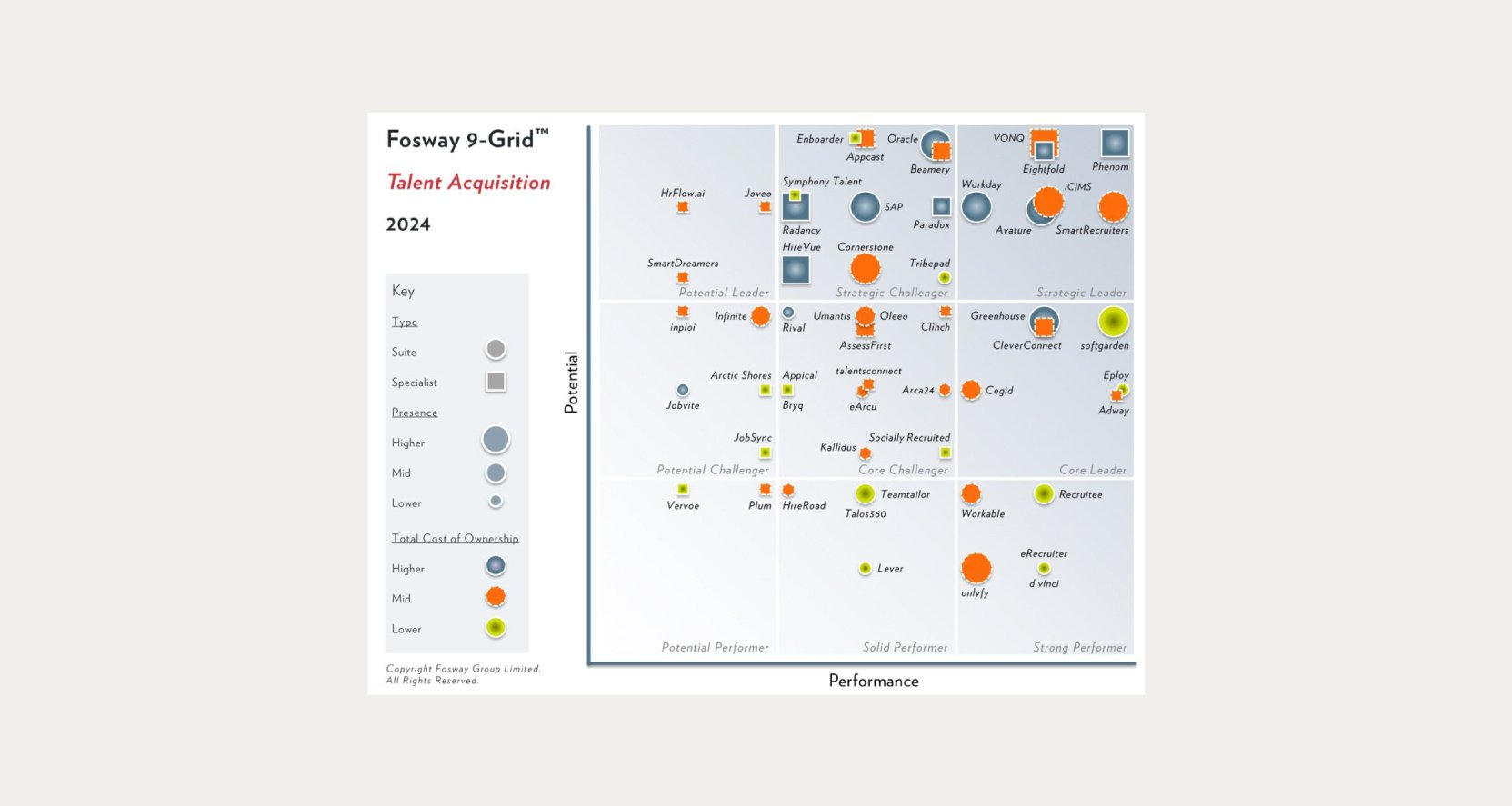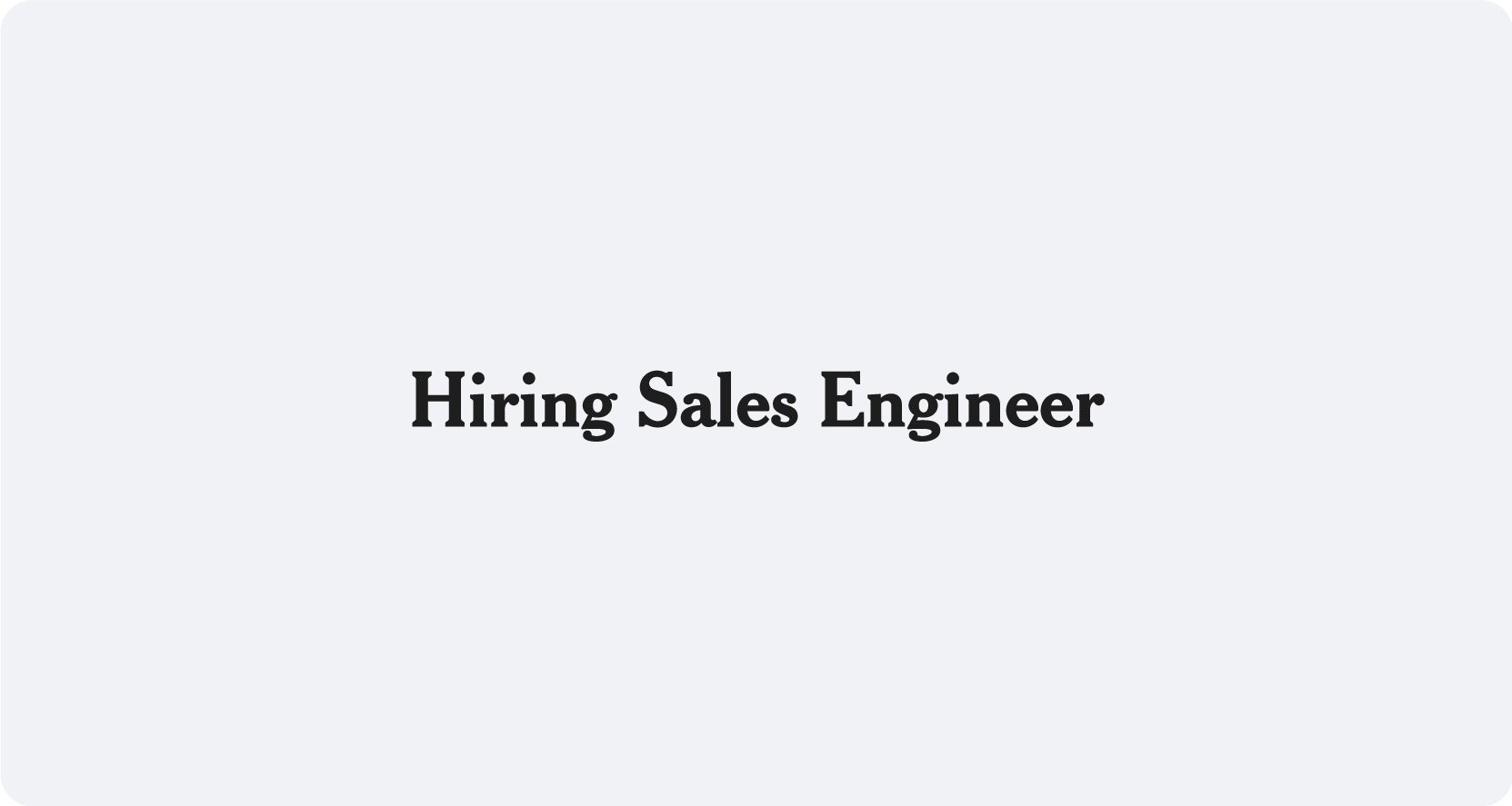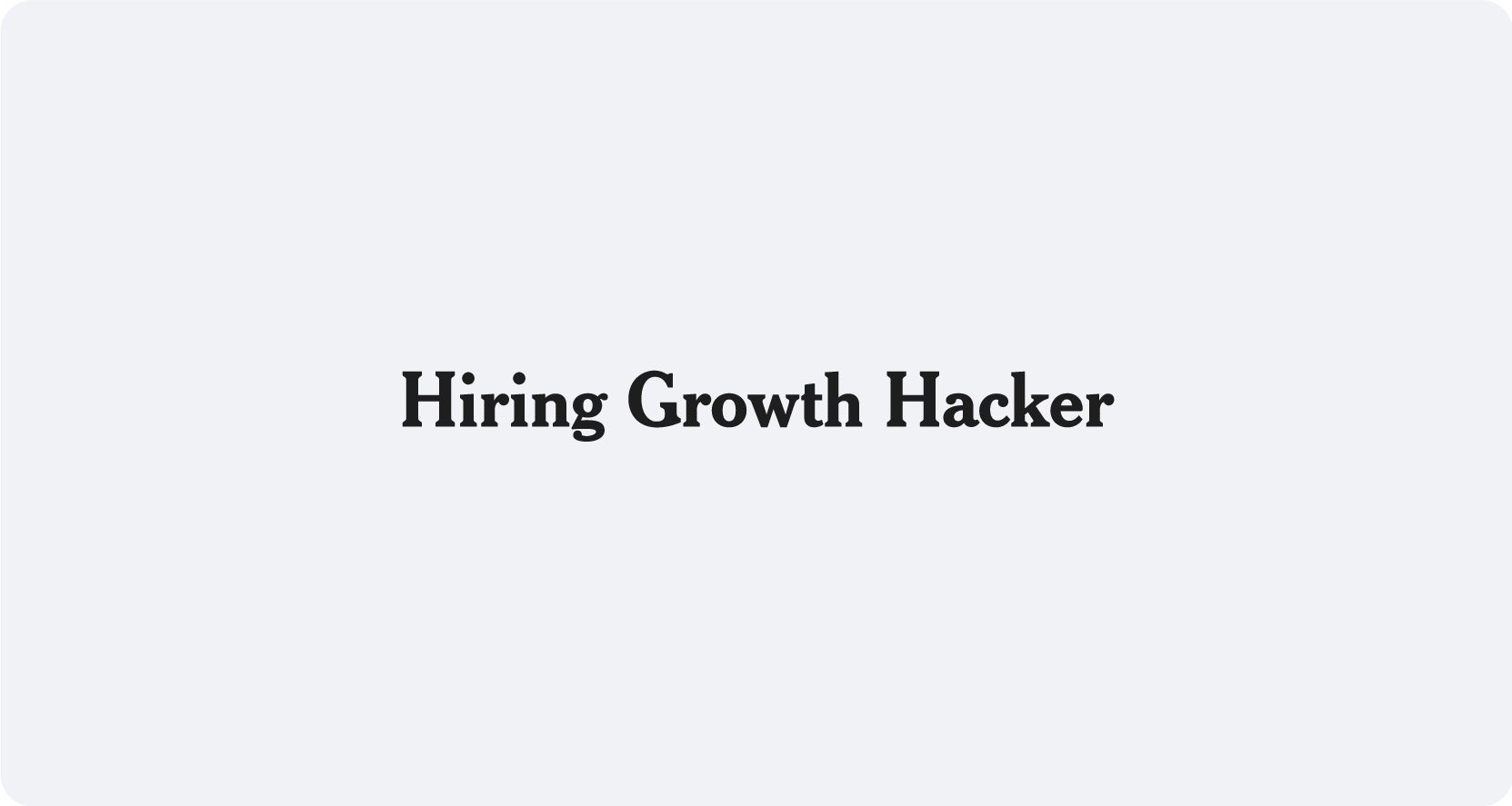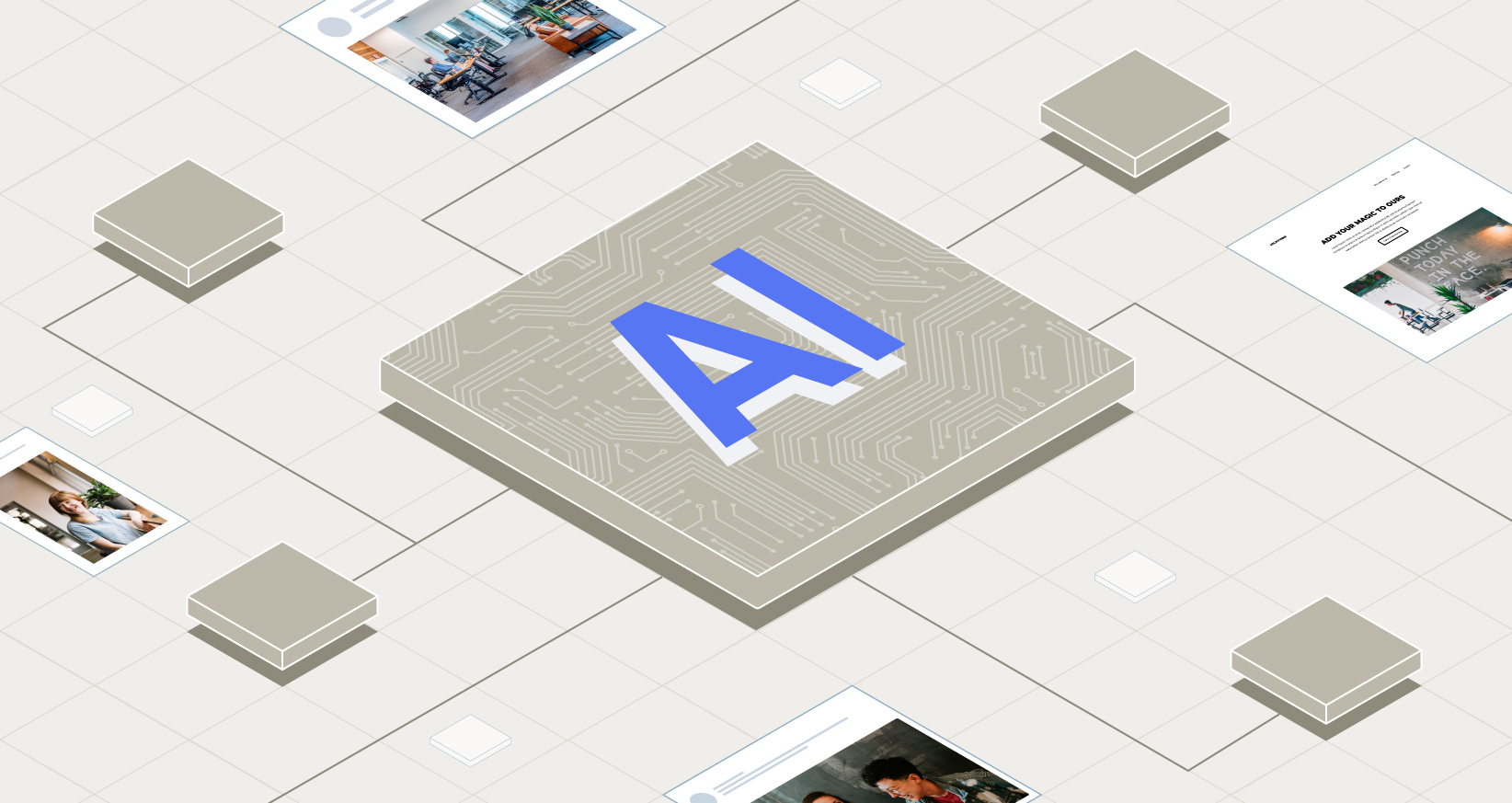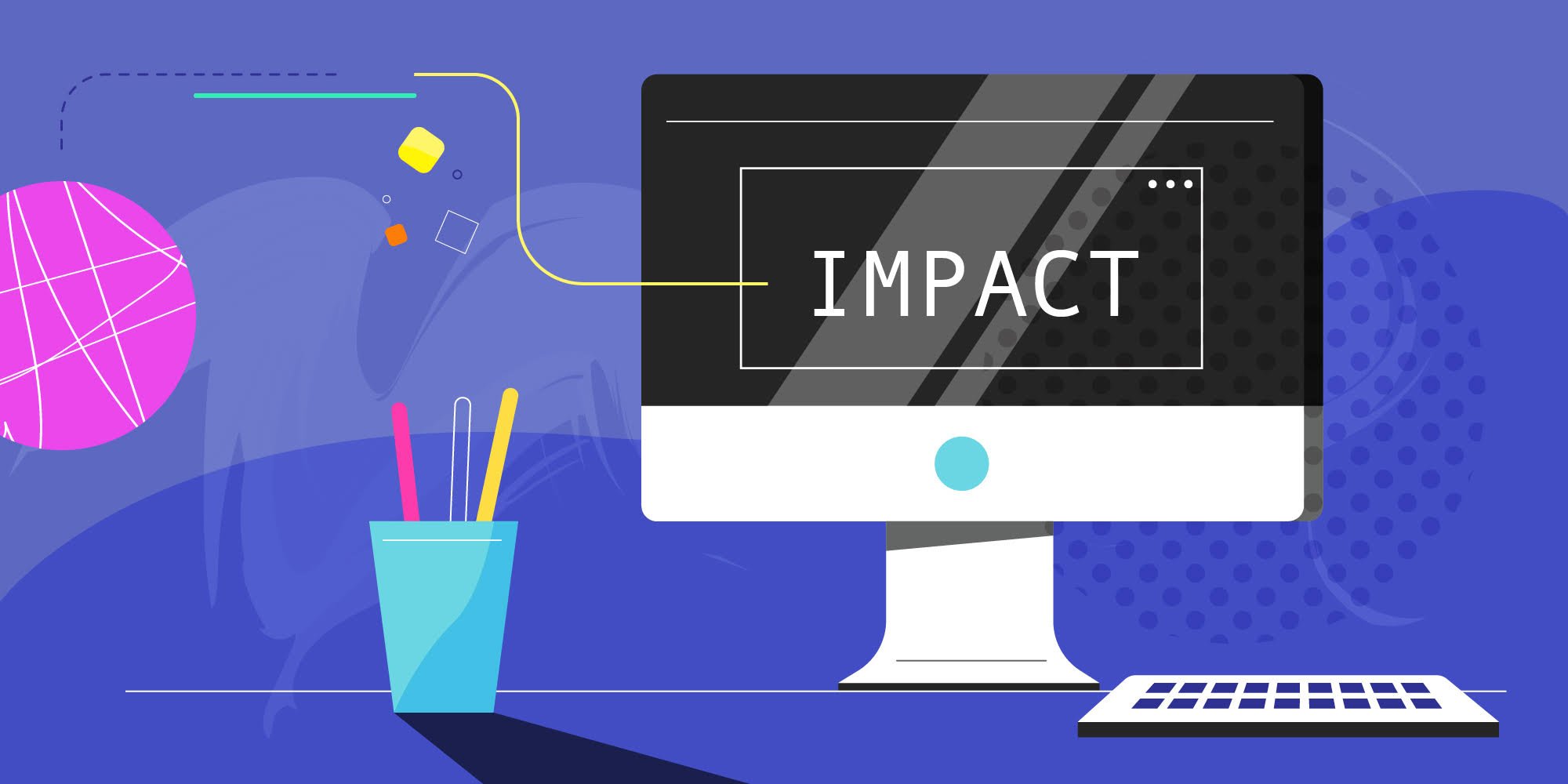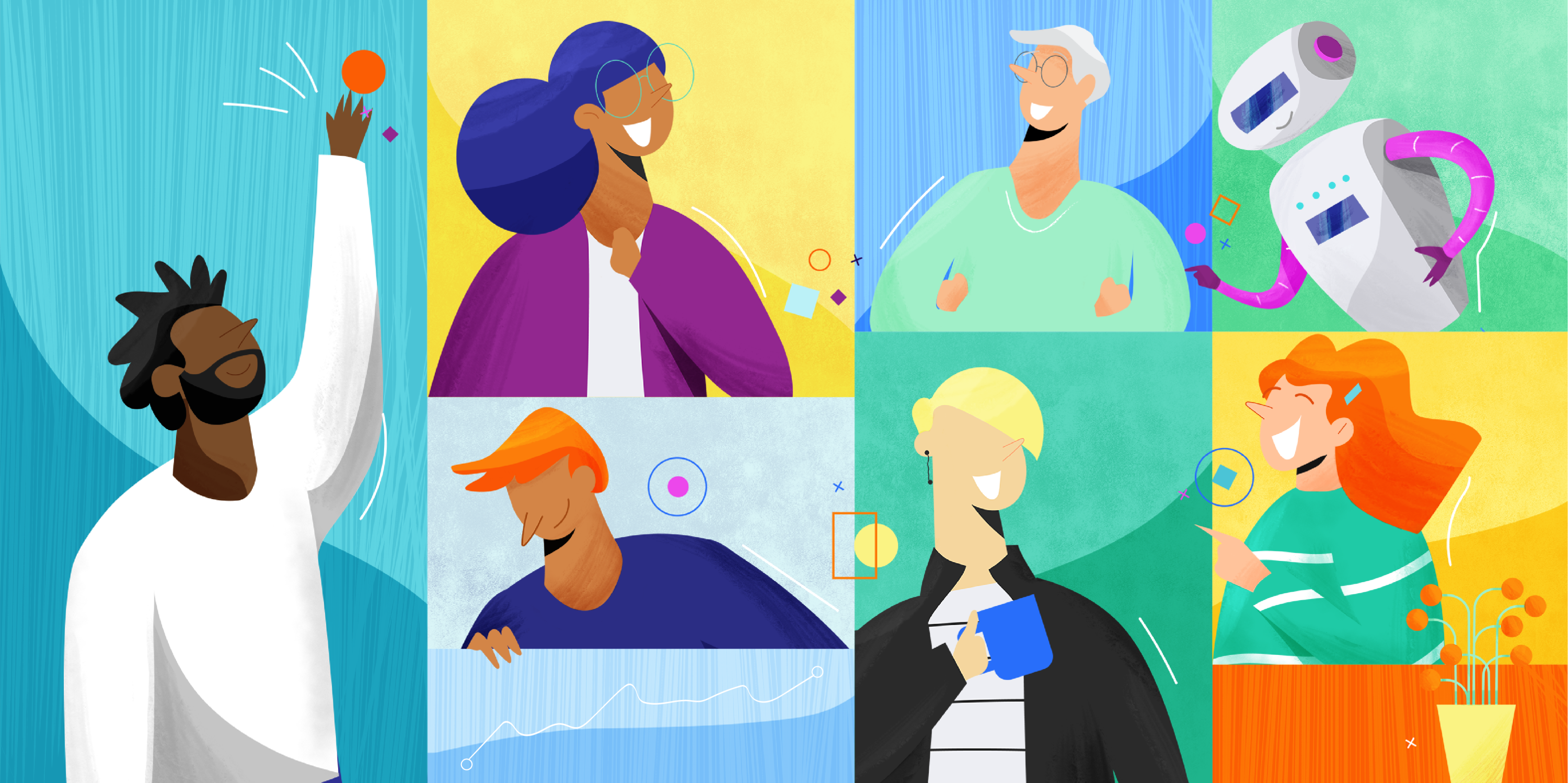In recent years, the talent acquisition industry has undergone a significant transformation, with artificial intelligence (AI) being at the forefront of this change. With more companies recognizing the benefits of using AI in recruitment, the industry is poised for significant growth in the coming years. Ai-powered recruitment solutions can help organizations to reduce time and cost, increase accuracy, and enhance the candidate experience.
In this blog post, we will take a closer look at AI recruiting in 2023, including what it is, why it is important, the challenges of applying AI in recruitment, the available AI recruiting tools, how AI can support diversity, equity, and inclusion initiatives, and how it will change the role of the recruiter. By exploring the implications of AI in recruitment, we can better understand what it means for recruiters and candidates alike. Ultimately, by leveraging the power of AI in our recruitment processes, businesses can continue to grow and succeed in today's ever-changing, highly competitive world.
What is AI for Recruiting?
AI for recruiting refers to using artificial intelligence and machine learning technologies to automate time-consuming and repetitive tasks while simultaneously providing personalization and data insights, which is the key to streamlining the hiring process. These processes include resume screening, candidate matching, interview scheduling, personalization, and more. AI for recruiting aims to improve the recruitment process by reducing recruiters' workload and improving hires' quality.
Contact us today to learn more about how Smartdreamers can enhance your recruitment process with AI.
Recruiting AI empowers talent acquisition teams to uncover hidden talent and unlock data-driven insights driving more successful outcomes, such as high-quality hires. By delivering the most relevant jobs to the right talent and connecting them with the right recruiters, a company is geared to build effective, top-performing teams.
With AI technology, recruiters can harness a wealth of benefits that streamline hiring processes and maximize efficiency, shaping their business for success.
The Difference Between Artificial Intelligence & Machine Learning
Before diving deeper into AI recruiting, it is important to differentiate between artificial intelligence (AI) and machine learning (ML). AI refers to creating intelligent machines that can simulate human intelligence, such as reasoning, learning, and problem-solving. Machine learning is a subset of AI that enables machines to learn from data and improve their performance without being explicitly programmed.
In essence, machine learning encompasses the training process, while artificial intelligence is the science and engineering that brings forth the creations and advancements possible due to this training.
Artificial Intelligence (AI) explores how to build and educate intelligent machines that can solve problems. Machine learning (ML) helps recruiters be more effective by computing, recognizing patterns, and detecting deviations. AI and ML enable recruiters to identify the right fit and enhance the hiring experience quickly.
Why is AI Important for Recruiting?
There are two primary reasons why AI is important for recruiting: saving recruiters’ time by automating high-volume tasks and improving the quality of hire through standardized job matching - freeing recruitment teams up to focus more on strategic goals.
It's worth noting that AI can only serve as an assistant or advisor to recruiters. It can never substitute the indispensable human interaction that is required during the recruitment process.
1. Saving recruiters’ time
Recruiters often spend a significant amount of time screening resumes, scheduling interviews, and other administrative tasks. AI for recruiting can automate these high-volume tasks, freeing up recruiters’ time to focus on more strategic activities, such as building relationships with candidates and hiring managers.
Screening resumes is one of the most time-consuming aspects of recruiting - even more so when up to 88% of all resumes received for a role are unqualified. In fact, it can take around 23 hours of a recruiter's time to go through resumes and shortlist candidates for a single opening.
AI-powered recruitment offers an enormous opportunity for hiring managers, streamlining repetitive and time-consuming tasks. By automatically screening resumes, triggering assessments, and scheduling interviews, the technology allows recruiters to efficiently focus on essential tasks.
2. Elevating the quality of hires through AI-powered job matching and personalized candidate recommendations
AI for recruiting can also improve the quality of hire by standardizing job matching. By analyzing a candidate’s skills, experience, and other attributes, AI can match them with the most suitable job openings, ensuring that the right candidates are hired for the right roles.
AI can revolutionize the quality of hire by standardizing the matching process between candidates' experience, knowledge, and job requirements. Analyzing data enables the precise identification of desired traits, simplifying the talent acquisition process.
This improvement in job matching is predicted to lead to happier, more productive employees who are less likely to turnover.
The potential of AI-powered recruiting software is strikingly evident. Early adopter companies have witnessed exceptional improvements in various areas:
- 75% decrease in cost per screen,
- 4% boost in revenue per employee, and
- 35% drop in employee turnover.
These impressive results exemplify how revolutionary technology can positively impact a business.
.png?width=2926&height=510&name=image%20(11).png)
What are the Challenges of Applying AI in Recruiting?
While the benefits of AI for recruiting are significant, there are also some challenges when applying AI in recruitment that TA Teams must be aware of.
Ai feeds on data
AI algorithms require large amounts of data to be effective. The more quality data, the more effective. This means that organizations need to have access to a lot of candidate data to train their AI algorithms. For smaller organizations with limited recruitment data, this can be a challenge.
For example, AI that uses machine learning needs a lot of data to learn how to screen resumes as accurately as a human recruiter. This can mean several hundred to several thousands of resumes for a specific role.
AI can learn human biases
AI algorithms are only as unbiased as the data they are trained on. If the data is biased, the AI algorithm will also be biased. That means that any human bias that may already be in your recruiting process (recruiting only graduates or only above a certain age) – even if it’s unconscious – could be learned by AI if developed without due diligence.
This can be a significant challenge for organizations that want to use AI to improve diversity, equity, and inclusion in their recruitment process. Organizations need to ensure their AI algorithms are trained on the most diverse data sets possible to reduce bias and ensure fairness in hiring.
Fear and skepticism of new technology
There is also skepticism surrounding the use of new technology in recruitment. Some TA teams and candidates may be hesitant to trust AI to make hiring decisions, which can slow down adoption and implementation.
Also, the fear of being replaced by the AI technology, leading to job losses, can also be a cause of concern. Organizations must work to communicate the benefits of AI in recruitment and demonstrate its value as an additional tool for recruiters.
Data Security
The data security risks associated with using AI must also be addressed. Companies must have robust protocols that protect candidates’ personal information from being accessed or shared without consent. There should also be transparency around how data is collected, stored, and used to ensure that candidates feel their rights are respected.
It is important for companies to take steps to ensure that the use of AI in recruitment remains ethically responsible and compliant with regulatory requirements.
What AI Recruiting Tools Are Available?
There are several AI recruiting tools available that organizations can use to streamline and automate their recruitment processes.
Personalization
Customizing candidate experiences with personalized content is critical throughout the entirety of the candidates’ journey. AI capabilities enable enriched experiences that power job recommendations and dynamic content on career sites based on candidate profiles, search history, and matches to similar job openings and locations.
Intelligent search
Intelligent Search on a career site is critical to helping candidates find the right job. It delivers accurate, relevant job results that increase the chance of success. Conversely, search tools that provide irrelevant or inconclusive outcomes can lead to poor talent conversion rates for organizations.
Though intelligent search can be mistaken as personalization, this specific functionality refers more to a semantic search. This type of search functionality seeks to understand language like a human would. Therefore, an intelligent search must understand a candidate's intent and inquiry context; additionally, it should be able to grasp the relationship between words.
CV Parsing
CV Parsing is a process of extracting data fields from resumes, such as name, email address, phone number, and address. This technology helps quickly extract meaningful information from resumes to save candidates time when filling out the application forms by eliminating the need for manual data entry.
Intelligent screening
Intelligent screening software has revolutionized the recruitment industry by using AI algorithms to analyze resumes and identify the most qualified candidates for job openings. Instead of manually screening resumes, which can be time-consuming and error-prone, the software can quickly and accurately evaluate resumes based on specific criteria, such as job experience and education. This saves recruiters time and ensures that only the most qualified candidates move forward in the recruitment process, leading to a more successful match between job seekers and employers.
Chatbots
Though chatbots are not new for most of us in recruitment, they are an innovation in the HR industry, using advanced natural language processing (NLP) techniques to engage with candidates and provide them with the information they need in a fast and efficient manner.
These chatbots have become popular as they can handle high-volume inquiries, saving time for recruiters and hiring managers.
How Can AI Support Diversity, Equity & Inclusion Initiatives?
AI can provide vital support to companies striving to uphold diversity, equity, and inclusion (DEI) in their hiring practices. This can be accomplished through various methods, such as leveraging AI algorithms to de-identify information on resumes before the screening process. By doing so, AI can mitigate the effect of unconscious bias, which can be prevalent in the hiring process.
Additionally, AI can assist in identifying and rectifying biased language in job descriptions, ensuring that job ads are inclusive and attractive to a diverse pool of candidates. The outcomes of incorporating these AI-supported DEI initiatives in hiring are more inclusive, diverse, and productive teams that drive better results.
How Will AI Change the Role of the Recruiter?
As AI continues to gain more significant roles in the world, recruiters will need to adapt to the changing job market to remain relevant in the recruitment process. AI will transform the future of recruitment in several ways.
Firstly, recruiters will spend less time on mundane administrative tasks such as scheduling interviews or resume screening and more time building and maintaining relationships with both the hiring managers and potential candidates.
Secondly, recruiters need to grasp the AI recruiting tools available to them and understand how to implement them effectively to have an edge over others. Finally, to make knowledgeable hiring decisions, recruiters need to be data-driven and comfortable working with data analytics to unlock a smarter method of scrutinizing potential candidates thoroughly.
Enhancing the Talent Experience with Smartdreamers AI
At Smartdreamers, we understand the power of AI in recruitment. Our AI-powered recruitment marketing platform enables organizations to attract, engage, and hire top talent more efficiently and effectively. Our platform includes AI-powered content improvement, CV parsing, and much more.
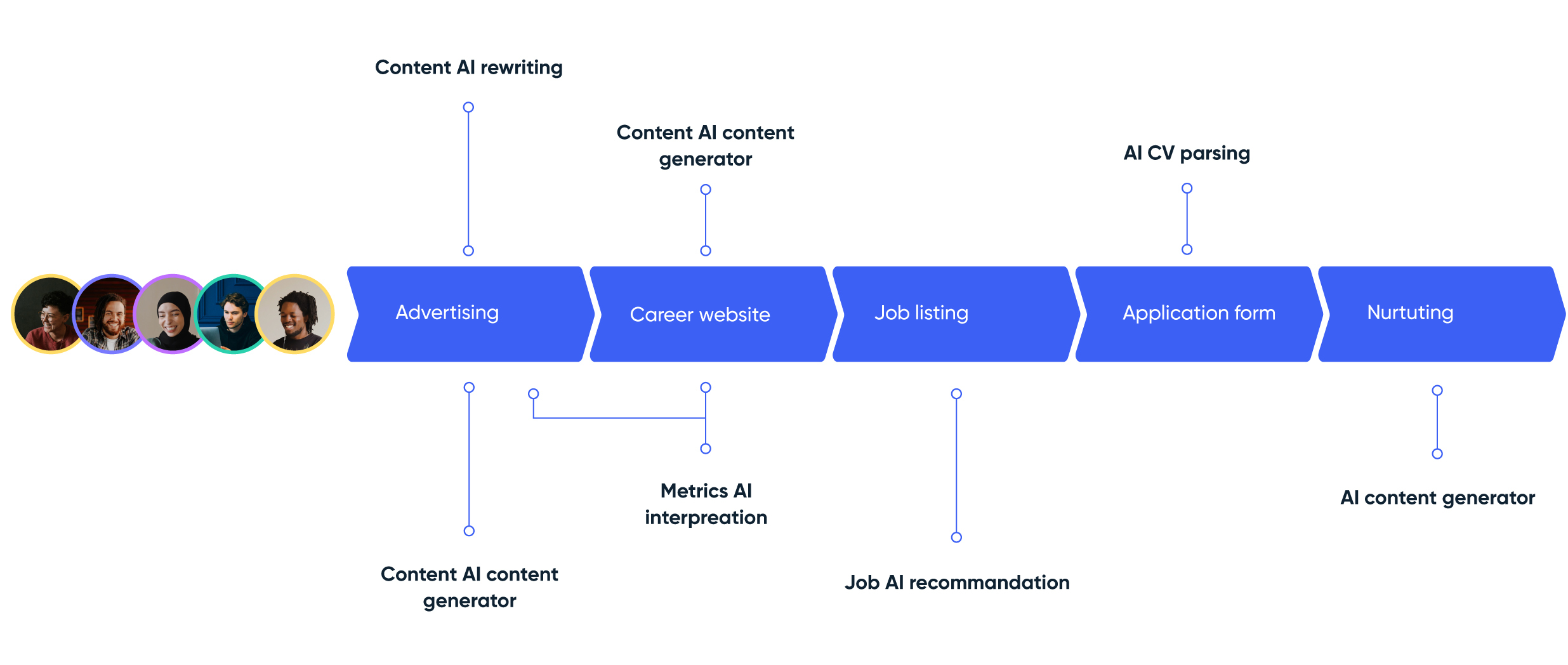
Conclusion
As AI continues to evolve and become more advanced, we can expect to see even more innovative AI recruiting tools in the future. These tools will help organizations to further streamline and automate their recruitment processes, resulting in a more efficient and effective recruitment process.
In conclusion, AI for recruiting is an exciting development that is already transforming the recruitment industry. By automating administrative tasks and standardizing job matching, organizations can reduce time-to-hire, improve the quality of hire, and enhance the candidate experience.
However, companies must also be aware of the challenges associated with applying AI in recruitment, including the need for large amounts of data and the risk of bias.
Smartdreamers' AI-powered recruitment marketing platform can help organizations overcome these challenges and enhance their recruitment process with AI.

